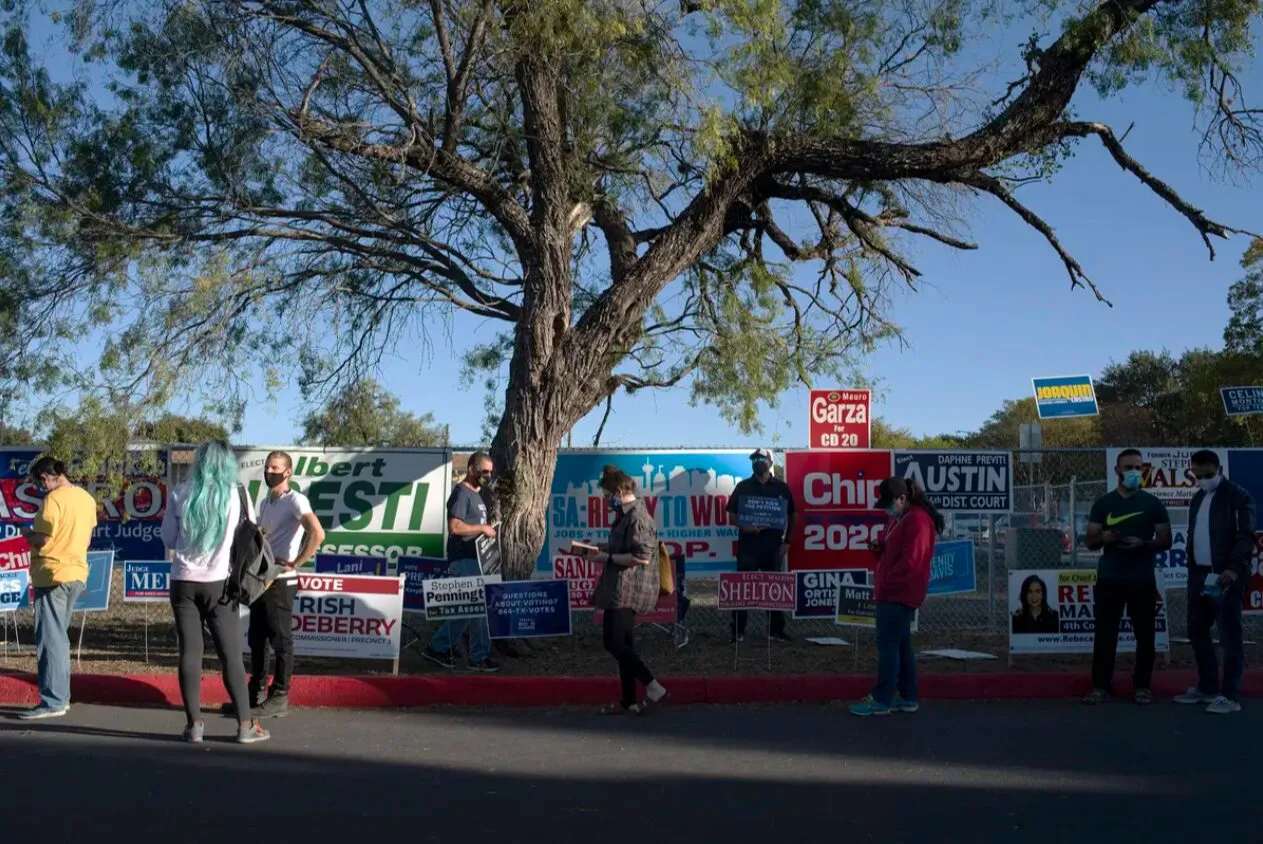Unveiling the Truth: What Your Public Voting Records Really Reveal
In the United States, public voting records serve as a window into the electoral process, revealing essential information about voter participation and behavior. These records, which typically include a voter’s name, address, and party affiliation, are accessible to various entities unless specific privacy protections apply. As the conversation around voter privacy and election transparency continues to evolve, understanding what these records entail and how they can be accessed is crucial for voters and researchers alike.
What Are Public Voting Records?
Public voting records are official documents that provide information about individuals’ voting activities. They generally include:
- Name
- Address
- Party Affiliation
- Voting History (including dates of past elections and absentee voting)
Depending on state laws, additional details such as date of birth, gender, and contact information may also be included. This variability underscores the importance of understanding the specific regulations in each state.
Who Can Access These Records?
Access to voter registration data is not limited to the general public. Various entities, including:
- Political parties
- Candidates
- Law enforcement agencies
- Researchers
can request these records. However, the specific information available can differ significantly from one state to another. For instance, some states may allow broader access to voting history, while others impose stricter confidentiality measures.
Why Do Privacy Protections Matter?
Privacy protections are essential for safeguarding individuals’ personal information. Certain groups, such as victims of domestic violence or law enforcement personnel, may qualify for confidentiality under specific state programs. States like Texas and California have implemented measures to protect these individuals, ensuring that their voting records remain confidential. This is a critical aspect of maintaining voter privacy and preventing potential harassment or discrimination based on political affiliation.
What Are the Risks of Public Access?
While public voting records can enhance election transparency, they also pose significant risks. There have been alarming instances of unlawful access to voter records, with reports indicating that millions of records have been sold online. This raises serious concerns about data security and the potential for misuse. The ease of access to such sensitive information could lead to targeted harassment or discrimination based on an individual’s voting behavior.
How Do New Technologies Impact Access?
The advent of new technologies and applications, such as OutVote and VoteWithMe, has made some voting record information more accessible to the public. While these tools aim to increase transparency and encourage voter participation, they also raise privacy concerns. The balance between transparency and privacy is delicate, and as technology continues to evolve, so too must the regulations governing access to public voting records.
What Insights Can Be Gained from Voting Records?
Beyond the immediate concerns of privacy and access, voting records can provide valuable insights into historical trends in voter participation and demographics. Researchers studying electoral behavior over time can utilize this data to understand shifts in political engagement and the factors influencing voter turnout. This historical context is essential for developing strategies to enhance participation in future elections.
What Remains Confidential?
While public voting records reveal whether an individual voted in an election, the specific candidates they supported remain confidential. This crucial aspect of voter privacy helps prevent coercion and ensures that individuals can make their electoral choices without fear of repercussion. Maintaining this confidentiality is vital for the integrity of the democratic process.
Conclusion: Navigating the Complex Landscape of Voting Records
As the landscape of public voting records continues to evolve, it is essential for voters to understand their rights and the implications of these records. While access to voter registration data can promote election transparency, it also raises significant concerns about privacy and potential misuse. Striking a balance between transparency and protection is crucial for fostering a healthy democratic process. As technology advances and regulations adapt, ongoing dialogue about the importance of voter privacy will remain vital in ensuring that the electoral process is both transparent and secure.
In summary, public voting records are a double-edged sword, offering insights into electoral behavior while posing risks to individual privacy. As citizens, it is our responsibility to stay informed and advocate for policies that protect our rights while promoting transparency in the electoral process.






Leave a Comment